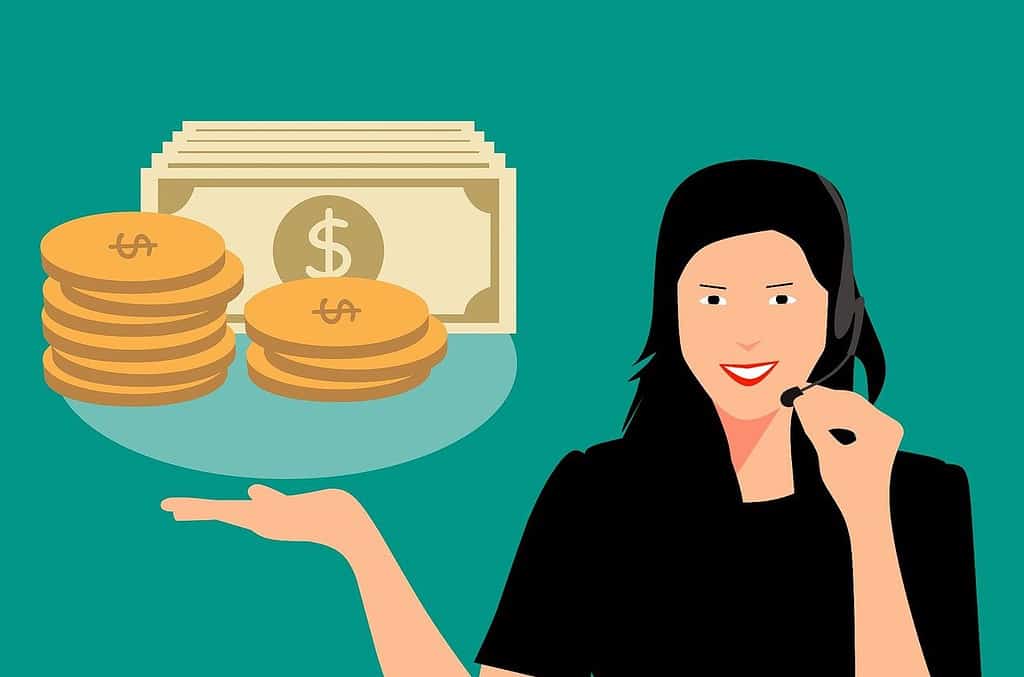Japanese government bond (JGB) investors are on edge ahead of this weekend’s upper house elections, fearing a political shake-up that could accelerate fiscal spending and drive super-long bond yields higher.
Reuters with the piece, in brief:
- Prime Minister Shigeru Ishiba’s declining approval ratings have cast doubt on his coalition’s ability to retain a majority.
- A defeat could usher in more stimulus-focused policies, even if Ishiba remains in power.
- Opposition parties are campaigning on tax cuts to ease inflation’s burden—fueling investor concerns over fiscal discipline.
Yields on Japan’s 30-year bonds surged 13 basis points on Monday to 3.17%, approaching May’s record highs. Barclays estimates current yields already reflect expectations of a three-point cut to Japan’s 10% consumption tax.
- “If the opposition parties win, the government deficit will see a huge expansion,” said Toshinobu Chiba of Simplex Asset Management. “The JGB yield curve will steepen by a lot.”
With Japan’s debt at roughly 250% of GDP, bond market pressure is mounting. The Ministry of Finance has moved to cut issuance of 20-, 30-, and 40-year bonds, but demand from life insurers remains weak. Analysts warn that even a modestly expansionary outcome could spark further volatility, particularly if the Bank of Japan holds back on rate hikes.
—
The political background to this:
- Japan will hold upper house by-elections this weekend, with the results seen as a key test for Prime Minister Shigeru Ishiba’s leadership.
- Election marks a crucial test for Ishiba’s minority government too, which aims to retain a simple majority alongside its Komeito coalition partner amid sliding approval ratings, growing public concern over the rising cost of living, and broader economic concerns.
- While the ruling coalition is not at risk of losing overall power, a poor showing could weaken Ishiba’s position and embolden opposition parties, many of which are campaigning on tax cuts and expanded fiscal stimulus.
- The outcome could influence the direction of economic policy, including budget negotiations and the balance of power in the Diet, with potential market implications if more populist or spending-heavy policies gain traction.
—
Japan is holding a House of Councillors (upper house) election on July 20, 2025
- 125 of the 248 seats (124 regular seats plus one Tokyo by‑election) are up for grabs
- members serve six‑year terms, with half the chamber elected every three years
This article was written by Eamonn Sheridan at www.forexlive.com.

